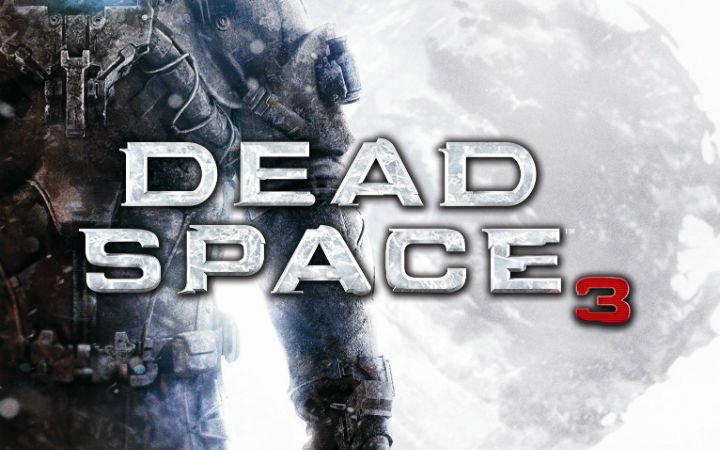I like to think I can understand corporate logic. Companies like EA and Activision are in the business of making money. This is why they exist, and this is what they do well. However, over the last few years, this has definitely ceased to be an ethical process.
At one juncture, the publisher system worked as a method for developers of games to have the capital to see their product into the market – the publishers were given some of the profits of a game in order to provide physical copies of the game for retail. Over time, this changed, until we have come to the sad, sorry state of affairs we have now. A game can hardly get published without multiplayer, can’t get green lit without ‘appealing to a broader audience.’ Games slowly become more and more like the most recent hits, until all that’s left is a slurry of all the games that have proved to be popular, without any of the innovation or solid gameplay that those games had. There is no game that exemplifies all of this more than Dead Space 3.
Now, a publisher should have some say in the process by which a product that they’re essentially partners in is created. This is reasonable – until taken to strange heights, like it has been recently. Essentially, there is now a (rather arbitrary) checklist of qualities that a game must have if it is to be published by a major studio. This wouldn’t be so bad if it made any sense at all, but the corporate attitude still remains that features of a game, not its overall quality, should determine if it is funded. The prevailing corporate attitude is that having certain features, and a likeness to what is popular, will always trump an innovative and well-designed game, as far as sales are concerned. Dishonored and other novel intellectual property be damned, EA and their ilk want yet another grey-brown shooter or Lost Planet clone.
Part of the issue is that publishers are putting out a significant amount of money in order to fund these games. They want a guaranteed return on their investment, and that seems fair. However, they haven’t quite figured out the difference between ‘occasionally desirable attributes’ and solid, enjoyable gameplay. Call of Duty isn’t successful because it has multiplayer: it’s successful because the multiplayer is good. However, more and more often, we are seeing multiplayer shoehorned into games that have no need of it. EA and Visceral should have learned from the Dead Space 2 multiplayer fiasco that some games are simply better without it; apparently they did not, as Dead Space 3 has co-op built in that, unless used, will restrict aspects of the story from the player. In essence, those of us not wishing to play multiplayer are being punished. That aside, the expense and time of jamming needless multiplayer into games takes away from the rest of the experience, increases the expense of making the game, and increases the gamer’s cost in buying it.
The problem extends beyond superfluous multiplayer, however. Many games are starting to look alike, under the assumption that people will purchase a game if it looks like a popular title. This simply isn’t true- games with novel aesthetics appeal to different people. The claim is that EA is trying to ‘broaden the audience’ of the franchise, but instead it has decided to remove all the things that made Dead Space unique and interesting. As a comparison, here are the trailers for each game in the series. Please, be warned, they do contain gore and profanity.
The first two have a consistent look and feel to them, while the third…well, the third looks like a mash-up of more popular titles with much more run-and-gun gameplay. The Dead Space series was always more inclined towards panicked, desperate fights between bouts of platforming and gorgeous set pieces. DS3 looks like Lost Planet and Gears of War had necromorphs grafted into their abominable lovechild. To be blunt, if I wanted to play Lost Planet or Gears of War, I’d buy those games. I didn’t. I bought Dead Space 1 and 2 instead.
This sort of hybridization is what’s killing the industry. The strength of a game should be its gameplay and uniqueness, not how well it apes the success of others. Already, Dead Space 3 will have to sell five million copies to break even. With many fans of the franchise becoming disinterested by the recent turn the series has taken, and Dead Space 2‘s first week sales at two million units across all platforms, this may prove the death knell for what was an excellent franchise.

